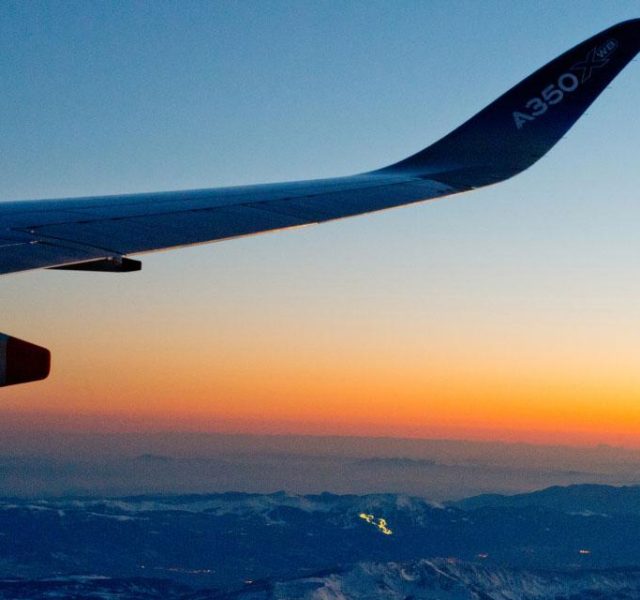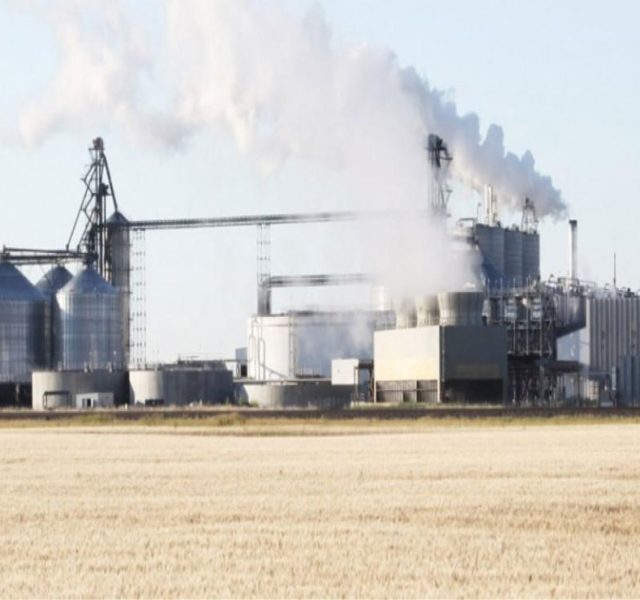aireg – Competence Center for Sustainable Aviation Fuel in Germany
The initiative for aviation fuel based on renewable energy aireg – Aviation Initiative for Renewable Energy in Germany e.V. – combines commitment, knowledge and years of experience from industry, business and science in the aviation sector.
Goals 2026
2% Quota
At least 2% SAF in 2026
Bio-SAF plant
Operation of at least one Bio-SAF facility in Germany
PtL plant
Construction and operation of a PtL-Development- and Demonstration-Facility in Germany (10 – 15 kt p.a.)
Goals 2028
5% Quota
At least 5% SAF in 2028
Goals 2030
10% Quota
At least 10% SAF in 2030
Industrialization
Operation of at least one commercial SAF facility in Germany
PtL Platform
Construction and Operation of a PtL-Research-, Technology- and Demonstration-Platform in Germany
Our Topics
Resources and Technologies
Examine available feedstocks and production options for sustainable, renewable aviation fuels.

Potentials and opportunities for the supply of feedstocks and primary energies into fuels conforming the specifications

Use of SAF in tank systems and aircraft engines, implications for climate impact of SAF
Quality, Certification and Use
Practical use of sustainable, renewable aviation fuels and challenges of quality and certification.
Sustainability
Considering all three pillars of sustainability – environment, social equity and economy – along the entire value chain.

Discussion of all aspects of sustainability issues through the use of SAF

Economic and regulatory aspects of the market ramp-up of sustainable aviation fuels
Economy and Production
Examination of economic aspects and potential production capacities of sustainable, regenerative aviation fuels in Germany.

“Freedom and mobility are of paramount importance to our open societies. Preserving these achievements well into the future requires action today and tomorrow”
Siegfried Knecht
Chairman of the Board
News
Berlin, 09 July, 2025 – The Green Hydrogen Business Alliance (H2BA) and the Aviation Initiative for Renewable Energy in Germany
Hamburg and Berlin, 18 June, 2025 – Hamburg Aviation and the Aviation Initiative for Renewable Energy in Germany (aireg) are
Stockholm and Berlin, March 27, 2025 – aireg (Aviation Initiative for Renewable Energy in Germany) welcomes Braathens Renavia, a Swedish
Singapore and Berlin, 06 March, 2025 – The Asian Sustainable Aviation Fuel Association (ASAFA) and the Aviation Initiative for Renewable
Freedom and mobility are of paramount importance to our open societies – preserving these achievements well into the future requires
Berlin, October 24, 2024 – At the Employers’ Day on October 22, 2024 in Berlin, both former Minister President Roland
Hoya and Berlin, October 15, 2024 – eFuel GmbH has become a member of the Aviation Initiative for Renewable Energy
Berlin, October 09, 2024 – It is not only in politicians’ Sunday speeches that it is repeatedly emphasized that sustainable
Essen and Berlin, September 26, 2024 – The Aviation Initiative for Renewable Energy in Germany e.V. (aireg) is pleased to
Berlin, September 17 2024 – with HIF Global, aireg (Aviation Initiative for Renewable Energy in Germany) welcomed one of the
Freedom and mobility are of paramount importance to our open societies – preserving these achievements well into the future requires
Dauerthal and Berlin, August 08, 2024 – With ENERTRAG, the aviation initiative aireg (Aviation Initiative for Renewable Energy in Germany)
